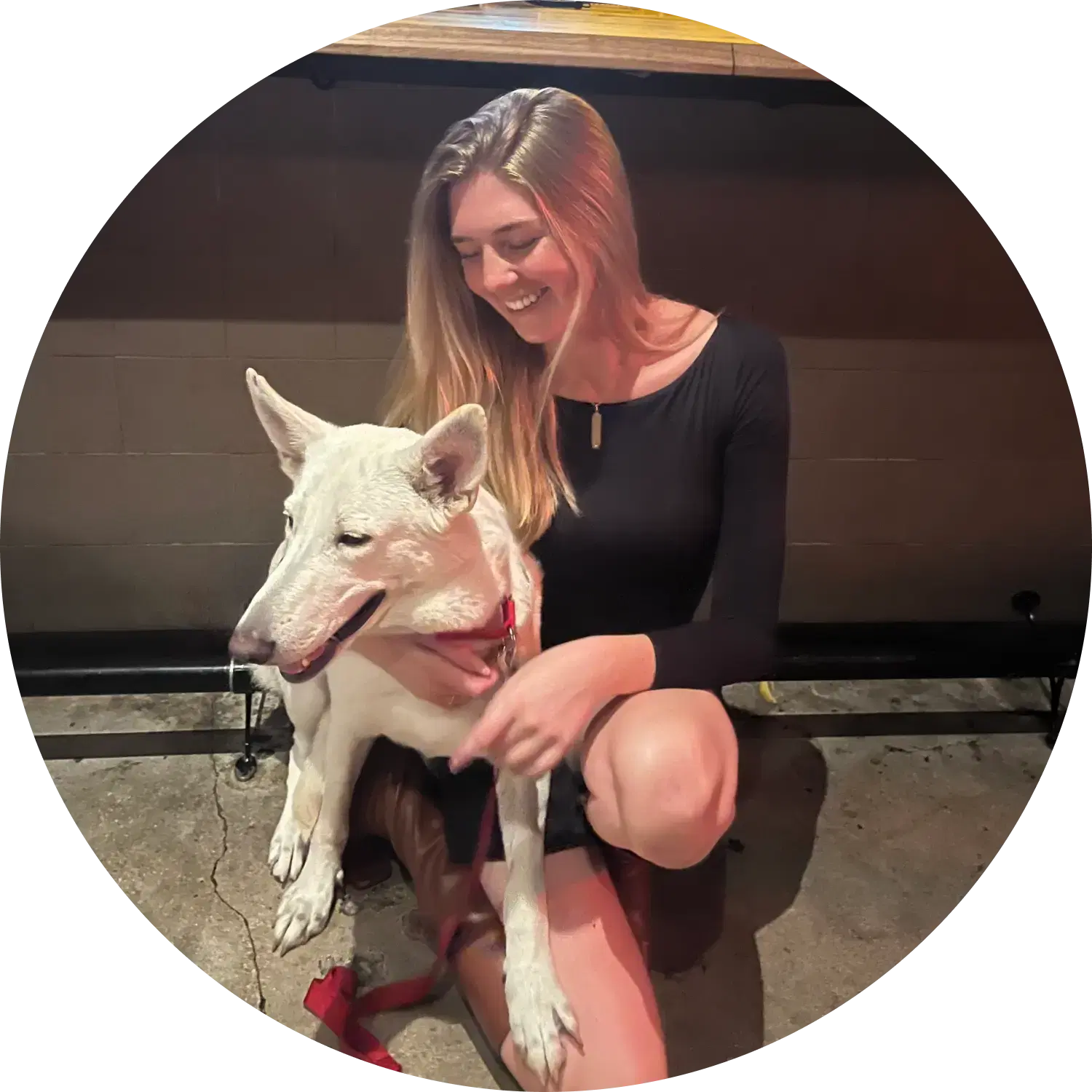Bichon Frise Characteristics
Life expectancy: 12 – 15 years
Adult weight: 14 – 18 lbs.
Adult height: 10 – 14 in.
Origin – France
Bichon Frises are captivating companions known for their fluffy white coats and cheerful personalities. But before welcoming one of these charming pups into your life, it's crucial to understand the financial commitment involved. This guide explores the costs associated with Bichon Frise ownership, from initial purchase to ongoing expenses and potential health concerns.
Adoption vs. Buying a Bichon Frise
Deciding between adopting or buying a Bichon Frise involves carefully considering several factors. Here's a breakdown of the pros and cons of each approach:
Adopting a Bichon Frise
Pros:
More affordable: Adoption fees are significantly lower than the cost of purchasing a puppy from a breeder.
Gives a loving home to a dog in need: By adopting, you're providing a second chance to a deserving Bichon Frise.
Often already spayed/neutered and up-to-date on vaccinations: Many shelters adopt out dogs that have already been through these procedures, saving you money on initial vet care.
Cons:
Limited breed selection: Shelters may not always have Bichon Frises available, and you might have to wait for the right one to come along.
May have unknown health history: Shelters may not have complete information about a dog's medical background.
Behavioral issues due to previous experiences: Some adopted Bichon Frises may have behavioral challenges stemming from their past experiences.
Buying a Bichon Frise
Pros:
Greater choice of puppies with specific characteristics: Reputable breeders can offer puppies with specific coat colors, temperaments, or pedigrees.
More predictable temperament: Responsible breeders typically select breeding pairs with desirable traits, leading to puppies with more predictable temperaments.
Breeder can provide guidance and health information: A good breeder can offer ongoing support and information about your Bichon Frise's health and lineage.
Cons:
Higher cost: Purchasing a Bichon Frise puppy from a breeder can be significantly more expensive than adoption.
Waitlist for specific puppies: Depending on the breeder and popularity of the breed, you might have to wait on a list for a puppy with your desired characteristics.
Ultimately, the best choice depends on your priorities and circumstances. Both adoption and buying from a responsible breeder can bring a wonderful Bichon Frise into your life.
Initial Costs of Bichon Frise Ownership
The initial cost of a Bichon Frise depends on whether you choose to adopt or buy from a breeder.
Adoption: $300 - $500
Adoption fees typically range from $300 to $500, covering the shelter's care for the dog.
Buying from a Breeder: $1,000 - $3,500
Expect to pay between $1,000 and $3,500 for a Bichon Frise puppy, depending on factors like the breeder’s reputation, the puppy’s pedigree, and your location. Since prices can vary significantly across the country, we’ve provided a regional breakdown of average costs to help guide your search.
Northeast (New York, Massachusetts, Pennsylvania):
Price range: $1,500 to $3,500
South (Texas, Georgia, Florida):
Price range: $1,200 to $3,200
Midwest (Ohio, Illinois, Missouri):
Price range: $1,000 to $2,800
West (California, Oregon, Washington):
Price range: $1,400 to $3,500
Monthly Expenses for a Bichon Frise
Owning a Bichon Frise involves ongoing monthly expenses to ensure their health and happiness. Here's a breakdown of the typical costs:
Food: $50-$100 - High-quality dog food suitable for your Bichon Frise's age and activity level.
Grooming: $50-$70 - Regular brushing and professional grooming every 4-6 weeks to maintain their coat.
Veterinary Care: $40-$70 - Preventive care like annual checkups, vaccinations, and parasite control.
Pet Insurance: Variable - Provides financial support for unexpected accidents and illnesses.
Potential Health Conditions in Bichon Frises
While generally healthy, Bichon Frises may develop certain health conditions. Here are some common ones with average treatment costs:
Health Condition | Average Treatment Cost |
Hip Dysplasia | $2,000-$2,500 |
Hereditary Cataracts | $2,500-$3,000 |
$500-$750 |
Table Summary: A table summarizing the cost breakdown for Bichon Frise ownership can be found at the bottom of this article.
Expert Insights From Spot
Bichon Frises are known for their adorable appearance, but like any breed, they can experience health issues. Spot's data provides some insight into the most common claims submitted for Bichon Frises, along with their average costs:
Clinical Checkups: $379.49 per visit (most frequent claim)
X-rays: $663.42 (less frequent but more expensive)
Deworming: $197.62 (common preventative care expense)
Considering pet insurance can help manage these costs and ensure your Bichon Frise receives the veterinary care they need throughout their life.
Cost Breakdown Table:
Category | Cost Range |
Initial Purchase | Adoption: $300-$500, |
Monthly Expenses | $140-$220 |
Potential Health Conditions | Variable (see table above) |
Key Takeaways
Bichon Frises can be fantastic companions, but responsible pet ownership requires careful consideration of the financial commitment. By understanding the initial costs, ongoing expenses, and potential health concerns, you can make an informed decision about welcoming a Bichon Frise into your life.

The resident animal enthusiast at Spot. I have a lifetime of pet parent experience. If it has fur, feathers, or scales, I’ve probably shared my home with it. I aim to be a reliable source, blending experience with a dedication to the well-being of pets.
Divina, Arlene. “Cost of a Bichon Frise Puppy by US Region [2024].” IHeartDogs.com, 4 Jan. 2024, iheartdogs.com/cost-of-a-bichon-frise-puppy-by-us-region/.












